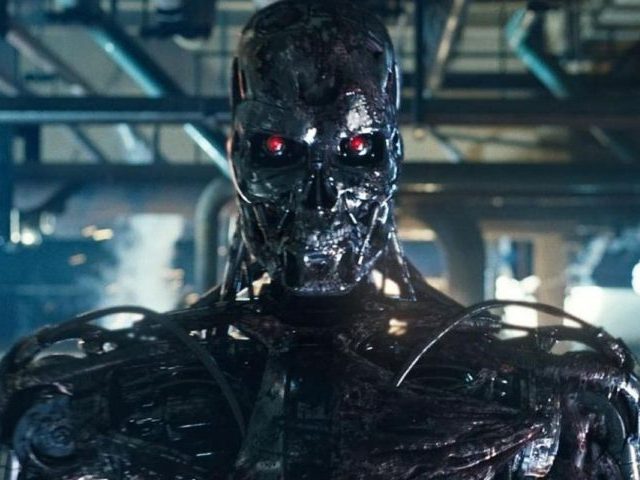The Writers Guild of America (WGA) has given a thumbs up to artificial intelligence penning scripts so long as the writers keep their credits and residuals.
While WGA has proposed certain regulations on the use of AI to pen scripts, the union has not proposed an outright ban on AI and will allow the use of certain programs like ChatGPT to help write a script. Per Variety:
The proposal would allow a writer to use ChatGPT to help write a script without having to share writing credit or divide residuals. Or, a studio executive could hand the writer an AI-generated script to rewrite or polish and the writer would still be considered the first writer on the project.
In effect, the proposal would treat AI as a tool — like Final Draft or a pencil — rather than as a writer. It appears to be intended to allow writers to benefit from the technology without getting dragged into credit arbitrations with software manufacturers.
In a series of tweets on Wednesday, the WGA laid out the groundwork for its proposal that the union previously discussed during its first bargaining session on Monday with the Alliance of Motion Picture and Television Producers (AMPTP). The AMPTP has given no indication as to what it thinks of the proposal as of yet.
“The WGA’s proposal to regulate use of material produced using artificial intelligence or similar technologies ensures the Companies can’t use AI to undermine writers’ working standards including compensation, residuals, separated rights and credits,” the WGA said. “AI can’t be used as source material, to create MBA-covered writing or rewrite MBA-covered work, and AI-generated text cannot be considered in determining writing credits.”
The union further proposed that writers “may not be assigned AI-generated material to adapt, nor may AI software generate covered literary material.”
“In the same way that a studio may point to a Wikipedia article, or other research material, and ask the writer to refer to it, they can make the writer aware of AI-generated content,” it said. “But, like all research material, it has no role in guild-covered work, nor in the chain of title in the intellectual property. It is important to note that AI software does not create anything. It generates a regurgitation of what it’s fed.”
The union concluded that AI would be prone to “plagiarism” given that it cannot distinguish between copyright-protected content and public domain content.
AI can’t be used as source material, to create MBA-covered writing or rewrite MBA-covered work, and AI-generated text cannot be considered in determining writing credits. 2/7
— Writers Guild of America West (@WGAWest) March 22, 2023
In the same way that a studio may point to a Wikipedia article, or other research material, and ask the writer to refer to it, they can make the writer aware of AI-generated content. 4/7
— Writers Guild of America West (@WGAWest) March 22, 2023
If it’s been fed both copyright-protected and public domain content, it cannot distinguish between the two. Its output is not eligible for copyright protection, nor can an AI software program sign a certificate of authorship. 6/7
— Writers Guild of America West (@WGAWest) March 22, 2023
As Breitbart News reported, Oscar-winning director Steven Spielberg recently expressed concern over the use of AI in the artistic process, arguing that it gives a “computer autonomy over your point of view and your self as a human person.”
“I think the soul is unimaginable, and is ineffable,” Spielberg told late-night comedian Stephen Colbert. “And it cannot be created by any algorithm, it is just something that exists in all of us. And to lose that because books, and movies, and music are being written by machines we created? That terrifies me.”


